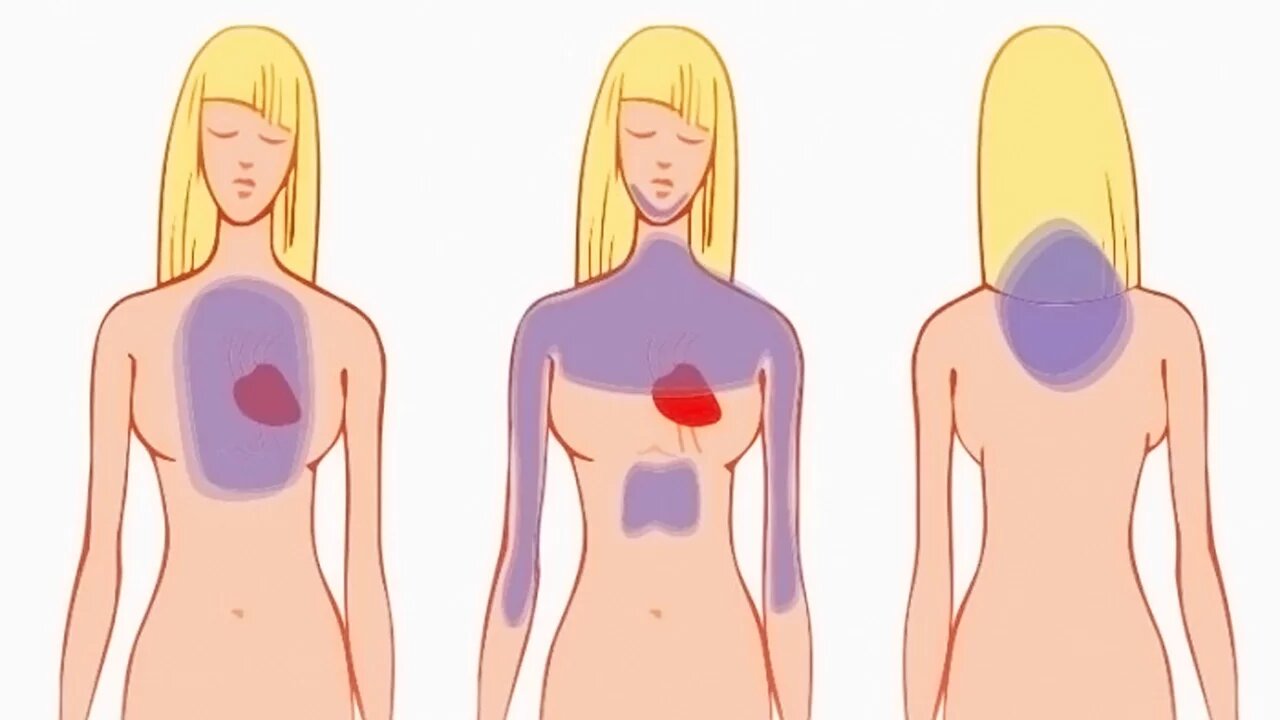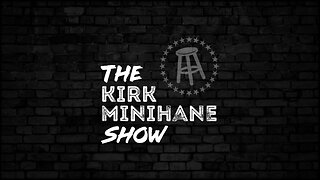Premium Only Content

How To Recognize A Heart Attack One Month Before It Happens
In the United States alone, heart attacks are one of the leading causes of death throughout the country. Knowing the signs and symptoms of heart disease and a heart attack can help save a life. Some of these symptoms begin showing up as early as a month in advance.
Heart attacks are serious medical conditions. They occur when the body’s supply of blood is blocked, normally caused by a blood clot. These occur when there is plaque build-up in the coronary arteries.
The heart attack is dead tissue that is killed off during the process of blood loss. This tissue causes extreme pain and squeezing, which are both felt at the time of the heart attack.
Heart attacks are common in people who have a high amount of stress, who are heavy smokers or who are morbidly overweight. However, regardless of the contributing factors, heart attacks are the number one killers of women across all spectrums. Therefore, it is important to learn the signs and symptoms of a heart attack, as well as to receive regular check-ups from a doctor.
Today’s video will discuss the warning signs of a heart attack and what to look out for.
1. Chest pressure
This is the symptom that most people are familiar with. Most people will feel pressure pushing on their chest. This is a concrete sign that a heart attack is about to occur. A lot of people may ignore this pain, thinking that it is a normal feeling. However, ignoring this sign can cost someone their life. They should receive immediate medical attention if they are experiencing any hard pressure on their upper chest.
2. Cold Sweats and Dizziness
When the body does not circulate blood properly, the brain will not receive the proper amount of blood. This is a huge issue and the patient should receive medical attention immediately.
3. Cold and Flu Symptoms
After a heart attack, many patients report experiencing cold or flu symptoms leading up to the days prior to the attack. If these symptoms are felt, the patient should seek medical treatment right away.
4. Weakness
When the body feels weak, sweaty or nauseous, there may be trouble along the way. Jaw pain is another alarming sign. As the arteries in the body continue to narrow, the blood stops flowing throughout the body properly.
5. Shortness of Breath
When the body does not receive sufficient blood, the lungs are also negatively affected. If the lungs do not receive enough blood or oxygen, the body struggles to breathe properly. If the patient experiences any trouble breathing, they should be seen by a doctor right away to be checked out.
6. Fatigue
If someone is feeling drowsy and tired most of the time, it could be caused by an improper blood flow to the heart. This could happen as a result of plaque build-up in the arteries. Again, this should be checked out by a medical professional right away.
Facebook: https://bit.ly/38BWbw3
Pinterest: https://bit.ly/2Irvwa6
Disclaimer: The materials and the information contained on Natural Cures channel are provided for general and educational purposes only and do not constitute any legal, medical or other professional advice on any subject matter. These statements have not been evaluated by the FDA and are not intended to diagnose, treat or cure any disease. Always seek the advice of your physician or other qualified health provider prior to starting any new diet or treatment and with any questions you may have regarding a medical condition. If you have or suspect that you have a medical problem, promptly contact your health care provider.
-
 4:11
4:11
Natural Cures
1 year ago $0.99 earned7 Proven Foods to Unclog Arteries Naturally
3.44K -
 LIVE
LIVE
cbsking757
2 hours ago★TANKING RIVALS RANKED! GIFTED SUBS ARE LIVE! #marvel #marvelrivals
99 watching -
 4:04:55
4:04:55
Tate Speech by Andrew Tate
9 hours agoEMERGENCY MEETING EPISODE 99 - 2024 - TIME VACUUM
108K89 -
 26:14
26:14
Breaking Points
2 hours agoSH*TSHOW: FBI Retracts False Info on NOLA Attacker
7.67K20 -
 56:35
56:35
The Dan Bongino Show
4 hours agoReprise: Best Episode Of 2024 - 01/02/2025
187K922 -
 16:04
16:04
Tundra Tactical
2 days ago $0.36 earnedHow Palmetto State Armory got so BIG!
3.96K2 -
 25:19
25:19
Feeding the Byrds
2 hours ago3 EASY DINNERS for a BUSY week! | Easy dinner inspiration
3.27K -
 6:44
6:44
SLS - Street League Skateboarding
7 days agoYuto Horigome’s 2nd Place Finish at SLS Tokyo 2024 | Best Tricks
11.4K1 -
 LIVE
LIVE
hambinooo
4 hours agoTarkov Thursday
461 watching -
 2:22:31
2:22:31
The Kirk Minihane Show
6 hours agoKMS LIVE | January 2, 2025 - ft. Blind Mike & Beer Stud
55.9K3